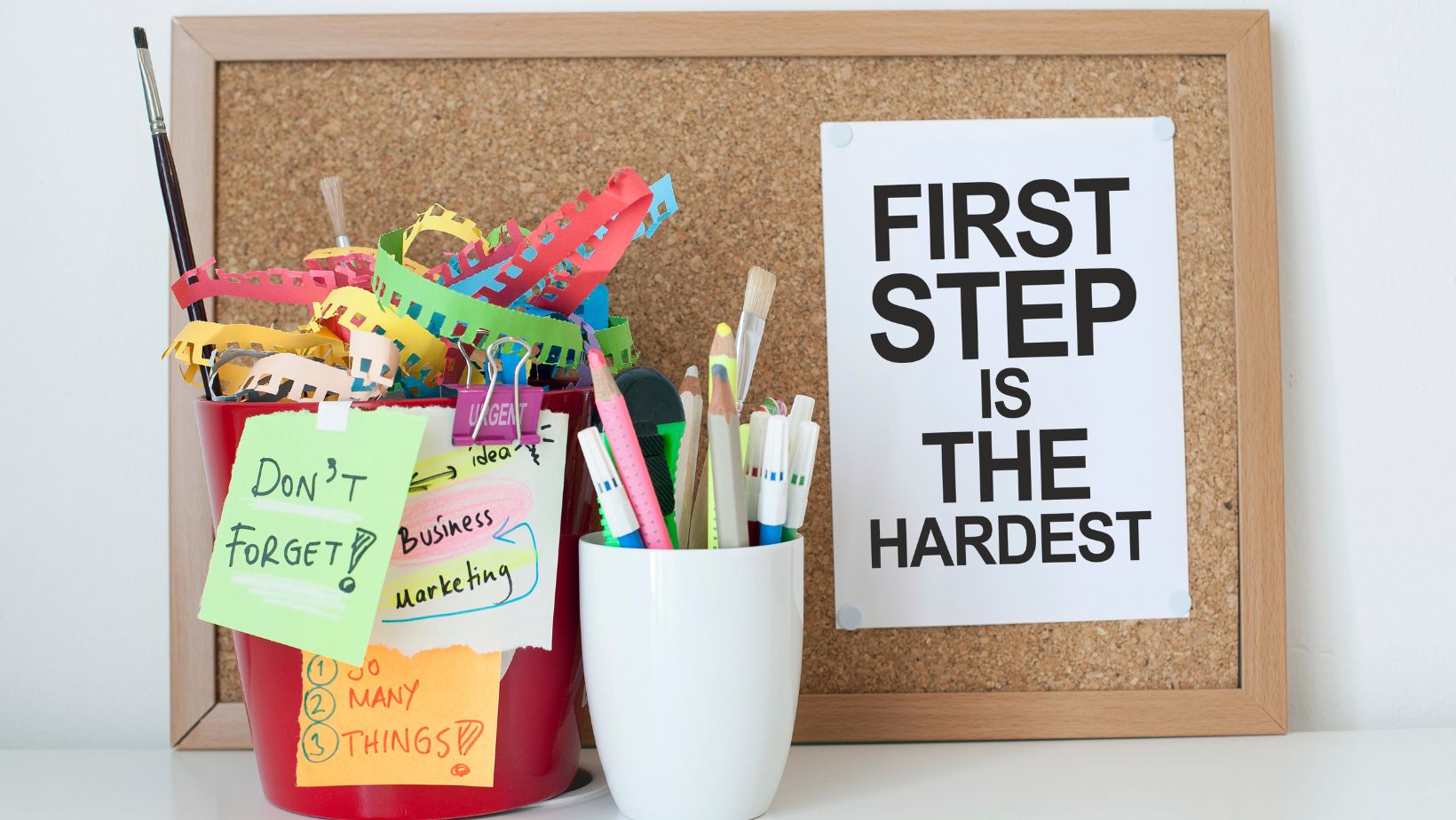Looking to supercharge your motivation? Discover effective strategies to boost your drive and achieve your goals. In today’s fast-paced world, staying motivated can be a challenge. Whether you’re aiming for personal growth or professional success, having the right motivational tools in your arsenal is key.
Exploring proven techniques and innovative approaches, this article delves into the realm of motivational strategies. From setting clear objectives to cultivating a positive mindset, you’ll uncover actionable tips to ignite your passion and stay focused on your aspirations. Embrace the power of motivation and unlock your full potential with these expert-recommended strategies.
Motivational Strategies
The Psychology Behind Motivation
Understanding the psychology behind motivation is crucial in implementing effective strategies. Motivation is driven by various factors such as beliefs, emotions, and goals. It involves the interplay of internal thoughts and external stimuli that propel individuals towards accomplishing their objectives. By delving into the psychological aspects of motivation, one can tailor strategies that resonate with an individual’s desires and aspirations.
Types of Motivation: Intrinsic vs. Extrinsic
 Motivation can be broadly categorized into two types: intrinsic and extrinsic. Intrinsic motivation stems from internal desires, passion, and personal satisfaction derived from accomplishing a task. On the other hand, extrinsic motivation is driven by external rewards such as money, recognition, or praise. Understanding these distinct types of motivation is essential for devising strategies that cater to an individual’s preferences and values. By aligning motivational strategies with the appropriate type of motivation, one can enhance engagement and productivity effectively.
Motivation can be broadly categorized into two types: intrinsic and extrinsic. Intrinsic motivation stems from internal desires, passion, and personal satisfaction derived from accomplishing a task. On the other hand, extrinsic motivation is driven by external rewards such as money, recognition, or praise. Understanding these distinct types of motivation is essential for devising strategies that cater to an individual’s preferences and values. By aligning motivational strategies with the appropriate type of motivation, one can enhance engagement and productivity effectively.
Setting the Stage for Success
Goal Setting Techniques
Utilizing effective goal setting techniques is essential for achieving success. Setting specific, measurable, achievable, relevant, and time-bound (SMART) goals is a proven strategy to enhance motivation and focus. By breaking down larger objectives into smaller, actionable tasks, individuals can track their progress and stay motivated throughout their journey.
The Importance of a Positive Environment
Creating a positive environment is crucial for maintaining motivation and achieving goals. Surrounding oneself with supportive and optimistic individuals can significantly impact one’s mindset and drive towards success. Positive reinforcement, constructive feedback, and a nurturing atmosphere can help individuals stay motivated, overcome challenges, and reach their full potential.
Motivational Strategies in the Workplace
Recognizing Achievements
Recognizing achievements in the workplace is crucial for boosting motivation among employees. Acknowledging and rewarding accomplishments not only encourages individuals but also reinforces desired behaviors. By publicly recognizing employees’ efforts, organizations foster a culture of appreciation, driving others to strive for excellence. Celebrating milestones, both big and small, motivates employees to continue their hard work and dedication, contributing to increased morale and productivity in the workplace.
Encouraging Employee Autonomy
Encouraging employee autonomy is a powerful motivational strategy in the workplace. Granting individuals the freedom to make decisions and take ownership of their work instills a sense of trust and responsibility. Empowered employees feel more motivated to excel as they have the autonomy to explore innovative solutions and approaches to tasks.
Motivational Strategies in Education
 Exploring various motivational strategies in education is crucial for fostering student engagement, empowerment, and academic success. By implementing interactive and engaging learning experiences, providing personalized feedback and encouragement, as well as promoting a growth mindset and student empowerment, educators can create a supportive environment that motivates students to reach their full potential.
Exploring various motivational strategies in education is crucial for fostering student engagement, empowerment, and academic success. By implementing interactive and engaging learning experiences, providing personalized feedback and encouragement, as well as promoting a growth mindset and student empowerment, educators can create a supportive environment that motivates students to reach their full potential.
Interactive and Engaging Learning
Incorporating interactive elements into the learning process can significantly enhance student motivation and participation. By utilizing technologies such as educational games, simulations, and multimedia presentations, teachers can create dynamic and immersive learning experiences that captivate students’ attention. Interactive activities not only make learning enjoyable but also help students develop critical thinking skills and retain information more effectively.
Personalized Feedback and Encouragement
Offering personalized feedback and encouragement to students plays a vital role in boosting their motivation and self-confidence. By providing specific and constructive feedback tailored to individual strengths and weaknesses, educators can help students track their progress and set achievable goals. Words of encouragement and praise can further inspire students to overcome challenges, take academic risks, and strive for continuous improvement.

